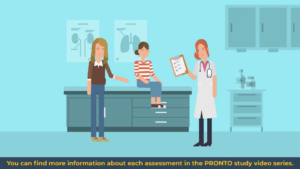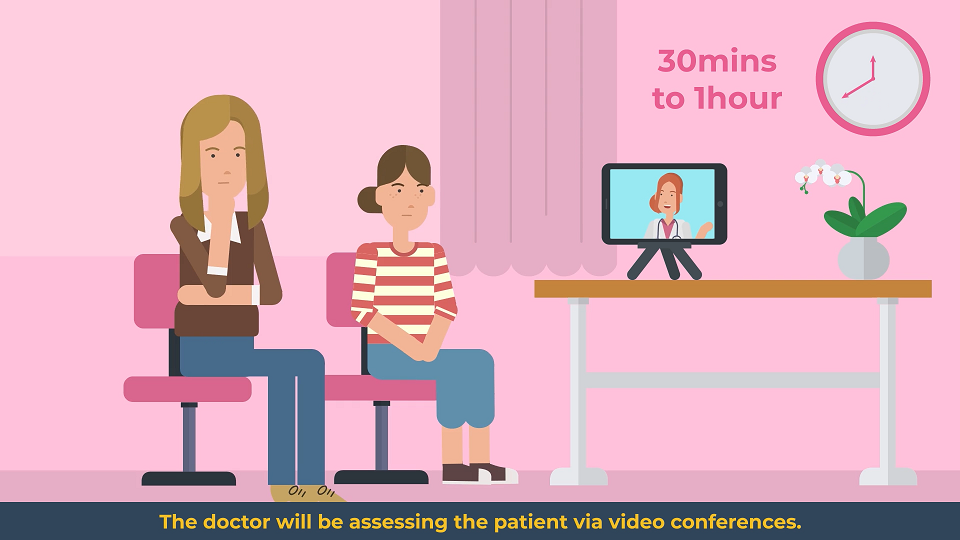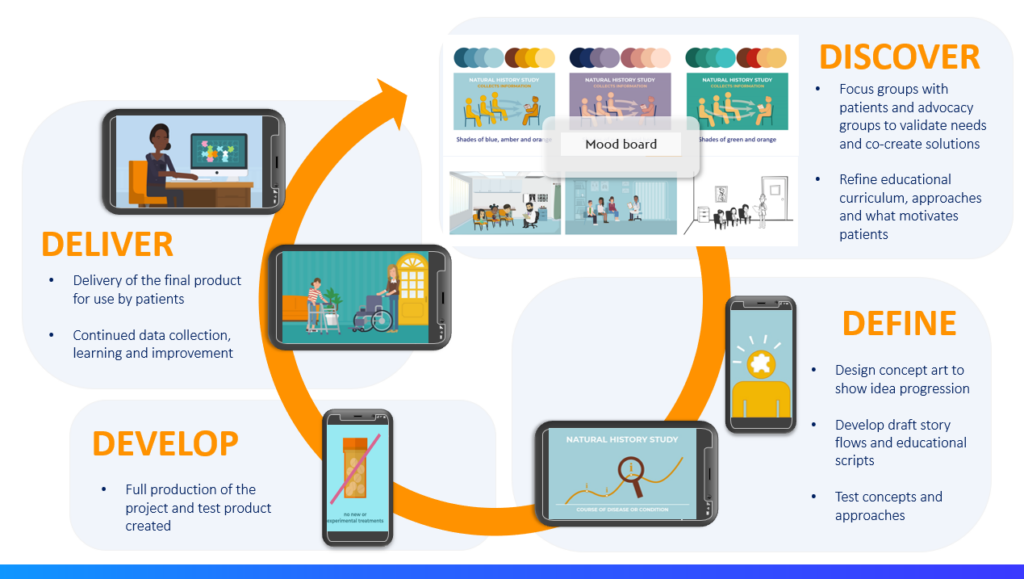
The background:
The PROspective Neurological Disease TrajectOry study (or PRONTO) is a natural history study that will follow children who have, or are at risk of developing, GM1 and GM2 gangliosidoses, a class of rare inherited disorders that include fatal childhood disease, Tay-Sachs.
The study, run by Azafaros, will follow 60 to 200 patients in Brazil, Germany, and Spain for five years, in collaboration with Acción y Cura para Tay-Sachs (ACTAYS), Cure & Action for Tay-Sachs Foundation (CATS) and the National Tay-Sachs and Allied Diseases Association.
It will follow children at risk of infantile Tay-Sachs disease, a fatal neurological disorder caused by the toxic build-up of GM2 ganglioside in neurons in the brain and spinal cord. Usually detected at three to six months of age, children with infantile Tay-Sachs rarely live beyond early childhood.
The challenge:
Recruiting participants to take part in natural history studies can be challenging, which is particularly true in the rare disease community where there are often lower sample sizes to recruit from. Motivation to participate in observational studies is often further reduced by the lack of effective information materials shared with patients and their families about the implications of participation.
Azafaros engaged with Cognitant to overcome the challenges of recruiting children with this rare neuro disease for their study.
The solution:
Azafaros with Cognitant created a digital knowledge centre to explain to the caregivers of children with a rare neuro disease the different elements involved when participating in a natural history study. Through the utilisation of a co-creation process, ensuring a user-centred design, the group developed this patient-led digital education resource about the upcoming PRONTO study.
As the brain processes visual information 60,000 times faster than text, presenting information in video format promotes accessibility. The knowledge centre therefore includes unique videos that detail what a natural history study is, the benefits of participation to GM1 and GM2 patient communities, and what participation will entail – including information about the study assessments.
By hosting the content in a digital knowledge centre, clinicians, researchers, advocacy groups and families can send this content directly to participants and caregivers, enabling them to view and share the digital content away from the clinic, and in their own time. The goal of the project is to provide content that will educate and empower individuals and their families and reduce attrition throughout the course of the research. To make these resources more accessible, an individual knowledge centre was created in different languages in English, Italian, German, French, and Portuguese Brazilian.


Our approach:
Cognitant brought together key stakeholders, including KOLs, clinicians, patients and caregivers from Europe and the US, and advocacy groups (the Cure & Action for Tay-Sachs (CATS Foundation), Accion y cura para tay-sachs (ACTAYS) and the National Tay-sachs and Alied Diseases Association (NTSAD). The group were included in a series of virtual co-creation workshops to design an educational video series.
Cognitant facilitated stakeholders to discuss the unmet needs and what the curriculum should cover, and prepared concepts for discussion, such as animation styles & colour schemes. Each group was given time to discuss their opinions about the pros and cons of the different approaches. Through productive discussion, an educational curriculum and the materials required for maximised impact were agreed upon.

Measuring the impact
The PRONTO resource has been designed to educate and empower individuals and their families, and reduce attrition throughout the course of the research. The impact of this digital intervention will be assessed through patient feedback and engagement metrics collected through Cognitant’s Healthinote platform.
The impact of this digital intervention on the GM1 and GM2 communities is assessed through patient feedback and engagement metrics. In the first 3 months of the project launch, over 250 individual users have accessed the knowledge centre, with an average time of 07 minutes and 30 seconds. This metric clearly shows that users are engaging with the materials created.
Testimonials
“Collaborating and empowering families and parents is vital to the success of any project and Azafaros understands this by establishing a ‘co-creation framework’ in developing the PRONTO digital educational resources about the release of the company’s natural history study along with advocates like myself. It was meaningful experience for us all.”
Diana Pangonis, Director of Family Services, from the patient advocacy group the National Tay-Sachs and Allied Diseases (NTSAD)
Cognitant
Looking to empower people with health information for better patient outcomes?
Additional Case Studies
Co-Creating a Personalised Digital Storybook for Children with Atypical Hemolytic Uremic Syndrome (aHUS)
June, 2025
Challenge Atypical Hemolytic Uremic Syndrome (aHUS) is a rare, life-threatening disease characterised by blood clots forming in small vessels, leading to kidney failure, anaemia, and...
Asthma Essentials
January, 2025
[embed]https://youtu.be/qmeiwjCr9Go[/embed] The challenge: Asthma remains a major health concern in the UK, affecting 5.4 million people, including 1.1 million children. Each year, the condition leads...
Cognitant successfully streamlines a top 10 pharma Patient Support Programme
July, 2024
A top 10 pharma company challenged Cognitant to optimise their Patient Support Programme (PSP) for an injectable medication, with the aim to streamline approvals, save...